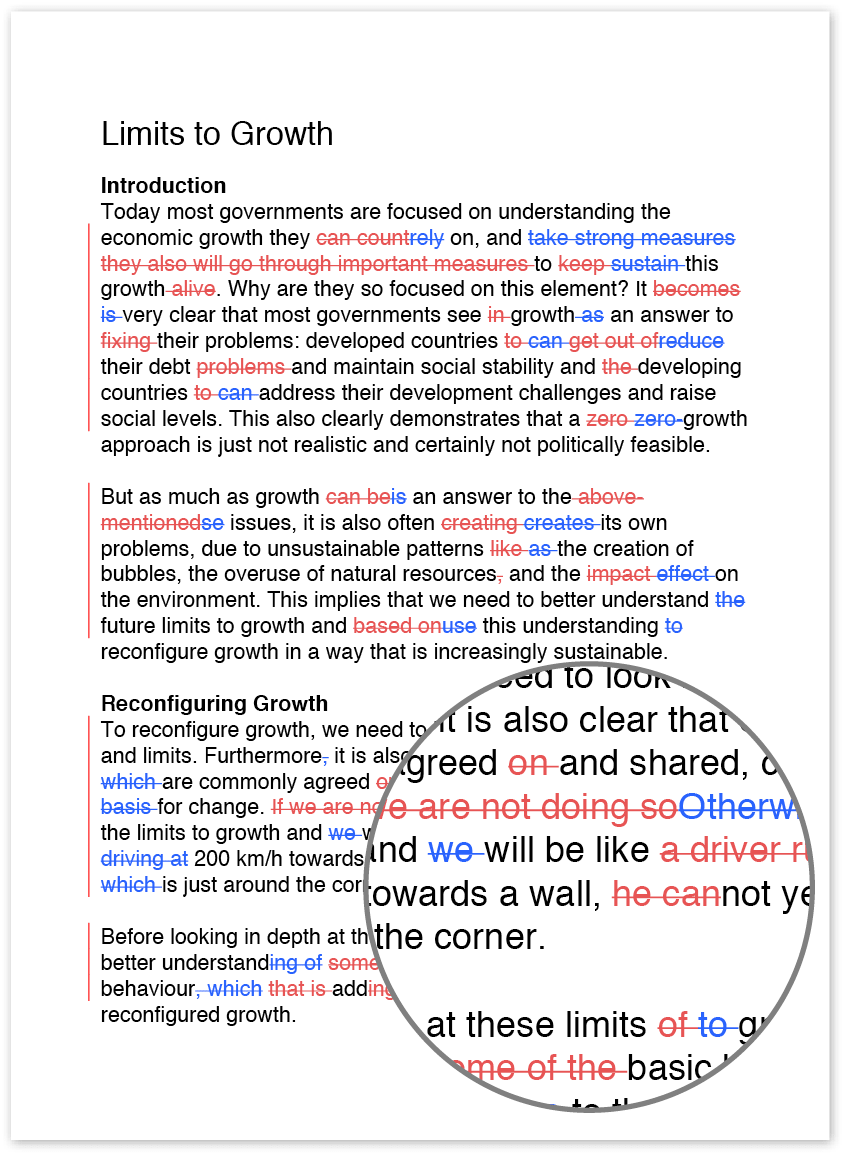Clichés
At the end of the day, you can’t please everyone, but it goes without saying: clichés are boring. Although you can’t teach an old dog new tricks, now more than ever, do something that scares you every day: when writing, avoid them like the plague. Try as we might, though, sometimes we just can’t help ourselves, because clichés fit the bill. But, never forget, one bad apple spoils the bunch.
Enough said… but not about clichés
As convenient as a cliché might be, whether you’re writing a blog, a government report, a PhD thesis, a business email – and most definitely in the case of a love letter – writing should be a creative process. And there’s nothing creative about recycling tired old expressions that have lost their meaning and power.
Here are three good reasons to avoid clichés:
- It’s much better if your reader pays attention to what you’re saying. They are much more likely to do so when your use of language is fresh and original. You don’t want to bore your reader into a deep sleep.
- Your writing should not be interchangeable with anyone else’s. If we all allowed ourselves to use clichés, we’d soon sound as pallid as each other.
- Clichés lack energy. Although they started off life quite promisingly, they’re now old, weak, vague – and embarrassing.
How to get rid of clichés
- Read what you’ve written out loud to a friend or trusted colleague. If, at any point, they can finish your sentence before you’ve read the whole thing, you’ve just spotted a cliché.
- Pinpoint out exactly what you’re trying to say. What do you really mean? If you can’t articulate it clearly, you’ll be tempted to resort to a cliché, hoping that your reader will work it out themselves.
- If there’s something too familiar about your language, pause and think. Nobody else has had exactly the same personal experiences as you, so you need to find words only you could use to describe them.
- When you are tempted to use a stale expression such as ‘think outside the box’, stop writing. Jot down that phrase on a piece of paper, and start creating alternatives. Keep going, until you find a new expression that accurately and powerfully expresses your thoughts.
Refresh your knowledge of clichés. Consult these resources for useful lists:
Cliché List: Definition, Meaning & Examples
The Internet’s Best List of Clichés

